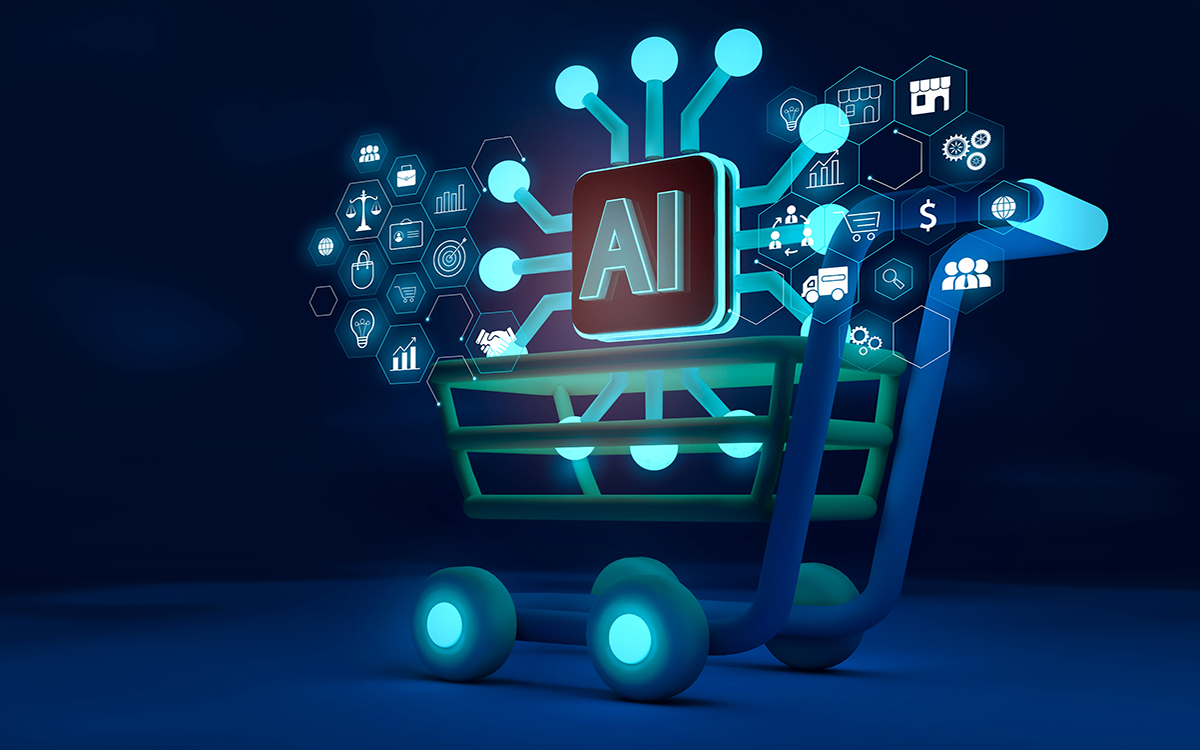Australia's cancer challenge: Can AI unlock precise and personalised treatment at scale?
Fujitsu / May 16, 2025
A thousand years ago, the Persian physician Avicenna transformed medicine with his Canon of Medicine. He painstakingly compiled and organised centuries of knowledge into a unified, structured resource, empowering physicians with comprehensible and actionable insights.
Today, medicine stands at a similar turning point. The challenge now isn’t a lack of information, but an excess of it. Millions of oncology studies, complex genomic sequencing data, evolving biomarker research, and the rising expectations of personalised care could overwhelm even the most dedicated oncologists.
Just as Avicenna did for traditional medicine, artificial intelligence (AI) is now doing the same for cancer genomics: transforming a chaotic landscape of data into clear, clinically relevant insights.
Improving cancer outcomes with AI-driven insights
At the forefront of this transformation is the Aichi Cancer Centre in Japan – an internationally recognised comprehensive cancer centre that integrates smart hospital technologies to enhance patient outcomes.In 2021 Aichi partnered with global, digital transformation leader, Fujitsu, to confront a pressing issue, “How to derive therapeutic insight from more than 1.2 million medical oncology publications linking tumour genomes to personalised oncology treatment plans?”
Like Avicenna in his time, Aichi’s clinicians needed a systematic, standardised method to make sense of this complexity.
The solution? An AI-powered system that combines natural language processing (NLP) and graph-based data structuring to rapidly process unstructured clinical literature and match targeted therapies to a patient’s unique genomic profile.
This clinical decision support dramatically reduces the burden on oncologists, freeing them from manually sifting through mountains of data to develop effective treatment plans.
Clinical trials conducted by Aichi’s physicians have validated the system’s impact: faster treatment selection, improved clinical outcomes, and enhanced survival prospects for cancer patients.
Faster, more personalised cancer care for Australians
In Australia, the need for such innovation has never been greater.With over 169,000 new cancer diagnoses in 2024 and more than 51,000 cancer-related deaths in 2023, cancer remains a profound public health challenge.
In January this year, the Australian Government released Cancer Australia’s National Framework for Genomics in Cancer Control, a significant policy initiative aimed at improving cancer outcomes through personalised cancer care.
The framework aims to use genomic information to better identify disease risks, prevent illness, make earlier diagnoses and personalise treatment. Australia’s comprehensive cancer centres, comprising the Australian Genomic Cancer Medicine Centre (AGCMC) network, are already pioneering genomic precision medicine therapies and clinical trials.
The AI driven clinical decision support system developed at the Aichi Cancer Centre holds immense potential for Australian comprehensive cancer centres. By facilitating treatment selection, streamlining clinical workflows and improving data integration and analysis, this technology could significantly improve therapeutic outcomes and minimise the use of less effective treatment options.
Potential collaborations between technology transformation providers and local researchers could further enhance the impact of this technology. For example, Fujitsu has previously collaborated with the Australian National University, the University of Melbourne, Monash University, and Macquarie University on AI research projects.
Expanding such collaborations to include cancer genomic medicine could accelerate the local development and implementation of precision medicine.
Responsible AI: Building trust through governance and equity
While the promise of AI in oncology is compelling, its implementation must be guided by strong ethical and regulatory foundations. Responsible AI in healthcare demands careful consideration of three key pillars:- 1. Data privacy – AI systems must adhere to rigorous data protection standards, ensuring patient information is securely managed and ethically governed.
- 2. Algorithmic fairness – Training AI models on diverse, representative datasets is critical to avoiding embedded bias and ensuring equitable treatment outcomes across all patient demographics.
- 3. Explainability – Trust in AI relies on transparency. Clinicians must be able to understand how recommendations are derived to build trust and support clinical reasoning.
In the current healthcare landscape, resistance to technological adoption remains a challenge. Time-pressured clinicians may be sceptical of disruptive tools, particularly when trust in data or automation is low. Furthermore, cost barriers, infrastructure limitations, and the need for specialised training can further delay implementation.
Importantly, digital inclusion must remain central to our approach. It is imperative that patients in rural, regional and socioeconomically disadvantaged communities are not left behind. Equitable access to genomic medicine cannot be an afterthought – it must be built into system design from the outset.
Enabling the next generation of AI-literate clinicians
As more sophisticated AI becomes further integrated into precision medicine, equipping healthcare professionals with the knowledge and confidence to engage with these tools is paramount.Training the next generation of doctors in how AI can be harnessed to deliver precision medicine has become a priority as generative AI becomes deeply embedded in therapeutics. Medical schools and training programs could incorporate AI and data science into their curricula to equip future healthcare professionals with the skills needed to adopt these technologies more rapidly.
Furthermore, interdisciplinary collaboration between technologists, physicians and researchers can drive innovation and ensure that AI solutions are developed with clinical needs and patient outcomes in mind.
Towards a new era of cancer care
Just as Avicenna transformed medical practice, AI is poised to revolutionise cancer care.The collaboration between Fujitsu and Aichi Cancer Centre has shown what is possible when innovation meets clinical need.
By understanding and addressing challenges related to infrastructure, training, equity and regulation we can ensure the successful implementation of genomic AI technologies. With careful planning and investment, genomic AI will significantly improve cancer outcomes and patient experiences for all Australians.

Editor's Picks








